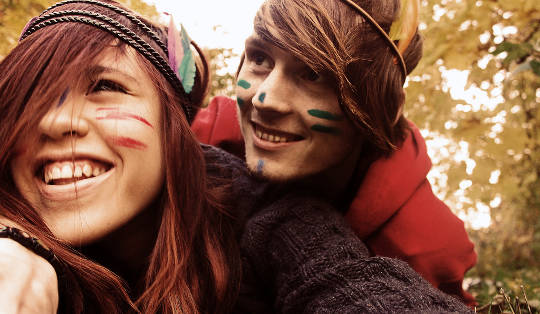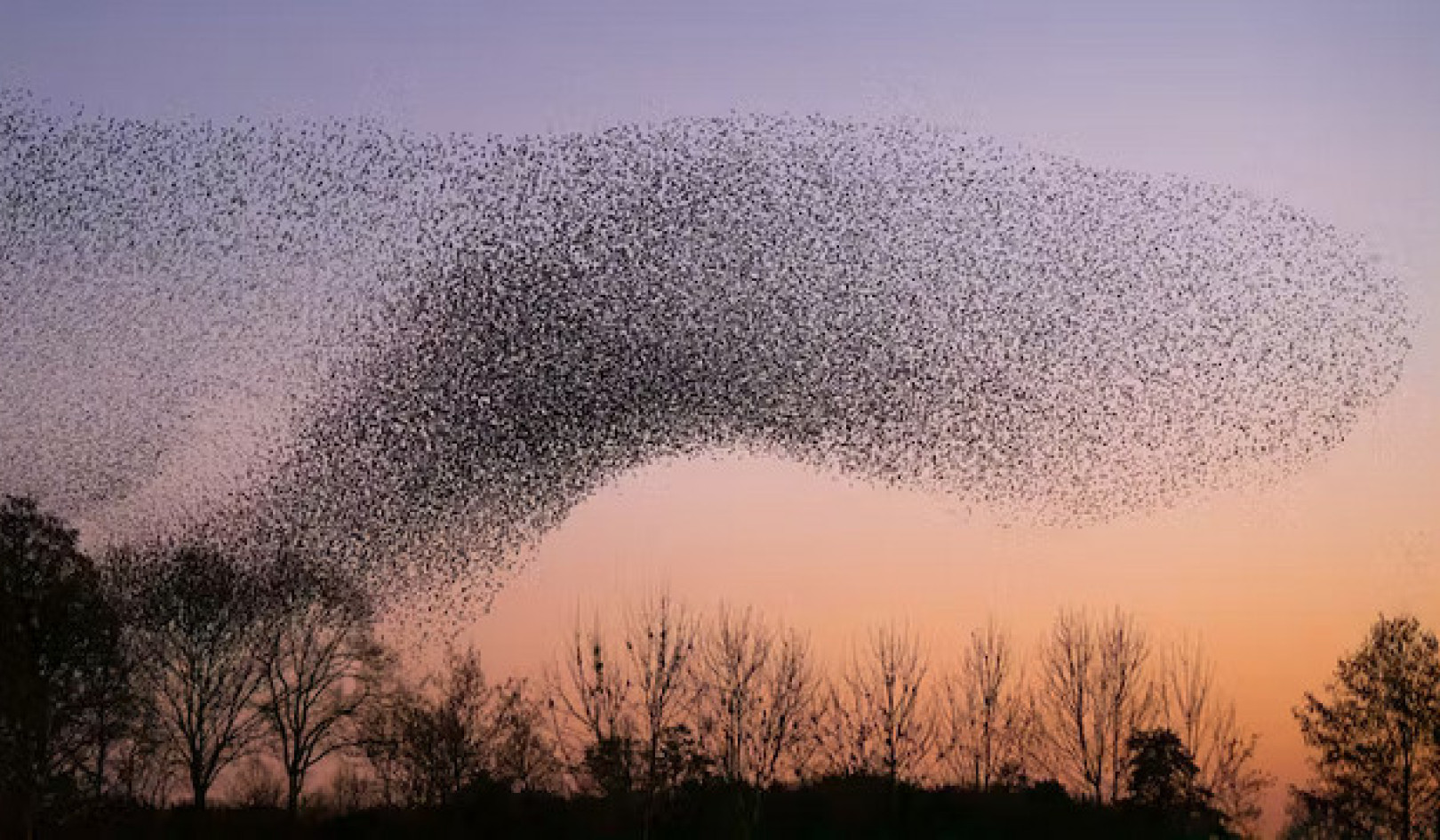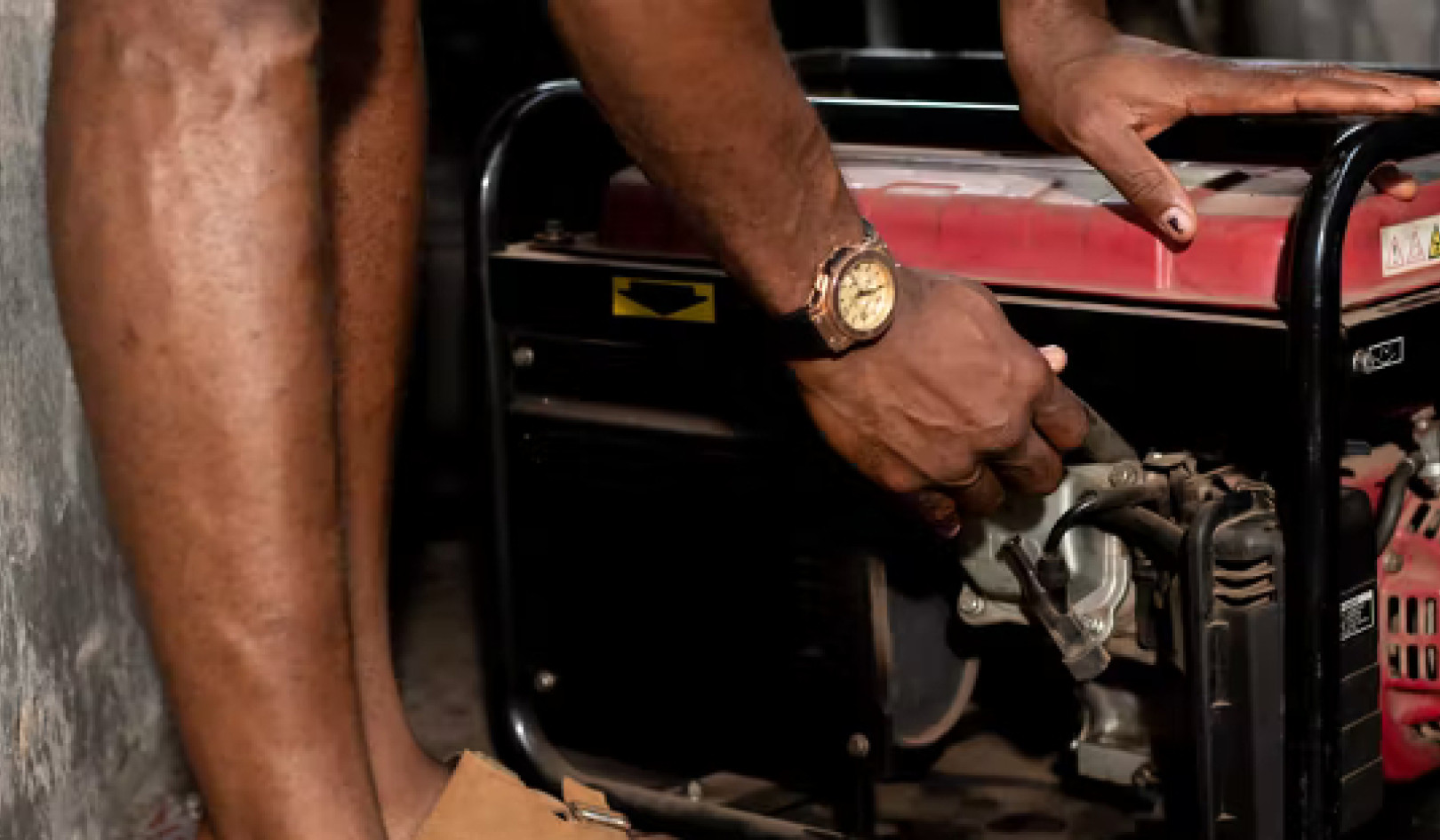
A little more than two decades ago, I received a copy of Clarissa Pinkola Estés’s book Women Who Run with the Wolves. In the introduction I read, “No matter by which culture a woman is influenced, she understands the words wild and woman, intuitively.”
Something about the way those two words — wild and woman — were placed alongside each other set up a commotion inside me, a response to a longing I couldn’t name. “When a woman hears those words,” Estés continued, “an old, old memory is stirred and brought back to life.”
My husband had died a few years earlier, and I’d recently returned from a journey in which I’d effectively exiled myself to traveling the world solo, with one suitcase and no set itinerary. Call it a quest or a soul search; it was one of those times of psychic if not physical upheaval that most of us experience at some time in our lives. I was easy prey for seduction by such an old, old memory.
Connecting Intuitively to the Wild Feminine
At the time, I’d taken up with a circle of women who were studying the old religions and folkways and creating celebrations to honor the seasonal cycles of the earth — the solstices and equinoxes. While it was not exactly primal, there was in our work a deep and intuitive connection to the wild feminine. And though we didn’t actually break any laws, we did leave a few muddy footprints on some rules — spoken, written, and implied — of what the present culture defines as acceptable.
At each of our meetings we set aside a generous amount of time for writing in our journals or notebooks. We’d respond to exercises or prompts that invited explorations into our experiences, our memories, our stories. We’d write in silence and then, if we wanted, read aloud what we’d written. There was no feedback on the writing, but you could feel in the room how one woman’s words affected the whole.
A web, strong and silky as a spider’s, connected us. And though I’ve been a lifelong daily journaler, it was the prompts, questions, and explorations initiated by our work that took me into the deep waters of memory and experience, where I knew how to swim as if by instinct and swore I could breathe underwater.
I wrote with a passion I had only rarely experienced, though I’ve been writing since I was a child. Words poured from my pen onto the page in a language I didn’t know I could speak. There was no struggle, no questioning, no doubting — just this unrestrained, ferocious, sometimes funny, always passionate wild voice. And it wasn’t just me. Other women in the group found themselves writing with this same freedom and depth, each in her unique and powerful voice.
Making a Joyful Noise
In these gatherings I discovered something profoundly empowering — and not only empowering, but holy. We weren’t reciting prayers or singing songs taught to us in some long-ago Sunday school; we were making our own joyful noise. We were flinging off our shoes and dancing our own dances. And laughing!
Until you’ve been in a roomful of women in which that bawdy laughter has been unleashed, you have not heard the howl of a pack of Wild Women. And if you are a woman and you’ve read this far, you know the open-mouthed, hold-your-sides, cross-your-legs-or-you’ll-pee kind of laughter I’m talking about.
That howl of raucous laughter wasn’t the only sound made during our times together, or during any of the times I’ve been in a collective of renegade women who felt safe enough to voice their anger, name their regrets, and weep for their losses.
Creativity Flows Through Us Like the Blood in Our Veins
But it’s not only tears and laughter, impulses and memories, that link us to our authentic wildness. By nature we are creative. Creativity flows through us like the blood in our veins.
In our natural state, we are writers, dancers, singers, poets, and makers of art, even though in our daily lives we may not practice our art or even acknowledge this part of ourselves. Still, our hands intuitively know the shape of a bowl; our fingers naturally curve around a pen or brush. We sing when we’re alone in the car or the shower and dance by ourselves when we hear a certain song.
We know many things: why spiders like dark places, why moths are drawn to the light; we know the urging of blossom to break open every spring. Given a clear night and a blanket spread on the summer grass, we can translate the midnight language of the stars. We understand the necessity of sex, the order of death, the beauty of mourning.
These are intuitive knowings that we sometimes forget, but they reside just beneath the surface of our daily lives and come alive in our nightdreams. Try as culture, politics, religion, or families might to eradicate it, this knowledge of our innermost Self — intuitive and rich and wild — is always with us. We may have forgotten how to express it or we might stutter when we try, but the deep song of our authentic voice still resonates within.
Giving Voice To An Authentic Expression of Thoughts and Feelings
This is the ongoing and important work of Wild Women: to give voice to an authentic expression of thoughts and feelings that are often ignored or belittled or set aside for when we can finally claim some time for ourselves. To remember our stories and share them with others or keep them, safe and sacred, within the private pages of our journals. To value our creative nature and respond to its urgings.
After a few years our women’s group disbanded, but our time together and the connection I experienced to a creative and fierce feminine spirit hummed inside me. I missed the dedicated time of what I knew to be soul work, and I missed the sound of my untamed, wild voice.
Expressing Your Wild Voice
As happened to me in the women’s circle and in any number of gatherings since — and ultimately in the privacy of my own writing space — wild voice was what was spoken in these groups.
As its name implies, wild voice is untamed and unbounded and holds the possibility of great beauty. It goes deep, like roots; it sings because it can. It is not domesticated or restrained. Wild voice can be dangerous; it can be outrageous. It is passionate, exuberant, and eager for life. It is turbulent and stormy, often arriving as unexpectedly as a summer squall. It can also appear as tranquil as an autumn breeze or a lazy river — but just try to capture either of these in a bottle and put them on a shelf.
Language erupts spontaneously with wild voice. The bird emerges from a cracked-open egg, the butterfly escapes from the chrysalis, fire explodes from the creosote bush. Wild voice is what gives you the sentence or phrase that seems to come out of nowhere. It is what wants to be expressed. When wild voice speaks, we pay attention. It tells you what matters and what you intuitively know.
Through accessing our wild voice, we see how our lives have been influenced by intuition and the role synchronicity may have played. We touch the dark edges of our shadow selves, exploring how this aspect is related to our creativity and our renegade nature. We give death its time as well.
Just as with other practices that take us deeper into our intuitive nature — meditation, yoga, qigong — we reap the greatest benefit from our work if we practice it daily. This is important work, giving time and expression to your deep and authentic nature and acknowledging your Wild Woman and giving her voice.
What Do the Words Wild and Woman Conjure For You?
Recently, I asked some women from past Wild Women writing workshops, and others whom I identified as “wild” (was it the bits of leaves and twigs still caught their hair?), what the words wild and woman conjured for them.
They used words such as free and unpredictable, strong and uncontrollable, natural and fierce, deep dreaming and farsighted. “It’s a part of me that knew what was true before I learned words to describe it,” said Helen, one of the participants. Boundlessness, the women said, energy and creativity, joy and freedom. Risk taking, curious, brave, wise, feral, and extraordinary in her splendid glorious way of being.
Maybe you would use some of the same words. Or others of your own conjuring. The thing is, something has drawn you to this work. For each of us, this catalyst is different: maybe it was the sound of the wind in the trees, a gathering of birds, a line in a poem. A nightdream in which a voice spoke to you, expressing an inner urging that your life was “too much” or “not enough.” Or perhaps it was simply a longing, a yearning, a restlessness with no name that was calling you to listen, and to speak in the voice of your wild and authentic self.
©2015 by Judy Reeves. All Rights Reserved.
Reprinted with permission of the publisher,
New World Library, Novato, CA 94949. newworldlibrary.com.
Article Source
 Wild Women, Wild Voices: Writing from Your Authentic Wildness
Wild Women, Wild Voices: Writing from Your Authentic Wildness
by Judy Reeves.
Click here for more info and/or to order this book.
About the Author
 Judy Reeves is a writer, teacher and writing practice provocateur whose books include A Writer’s Book of Days, which was named a "hottest books for writers" and won the 2010 San Diego Books Award for Best Nonfiction. Other books include Writing Alone, Writing Together; A Creative Writer's Kit and The Writer's Retreat Kit. In addition to leading private writing and creativity workshops, Judy teaches writing at University of California, San Diego Extension and in private workshops, and speaks at writing conferences internationally. She is a cofounder of San Diego Writers, Ink where she served as Executive Director. Her website is judyreeveswriter.com and she blogs at livelymuse.com.
Judy Reeves is a writer, teacher and writing practice provocateur whose books include A Writer’s Book of Days, which was named a "hottest books for writers" and won the 2010 San Diego Books Award for Best Nonfiction. Other books include Writing Alone, Writing Together; A Creative Writer's Kit and The Writer's Retreat Kit. In addition to leading private writing and creativity workshops, Judy teaches writing at University of California, San Diego Extension and in private workshops, and speaks at writing conferences internationally. She is a cofounder of San Diego Writers, Ink where she served as Executive Director. Her website is judyreeveswriter.com and she blogs at livelymuse.com.
Watch a video: Author Judy Reeves talks about WILD WOMEN, WILD VOICES
























